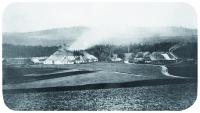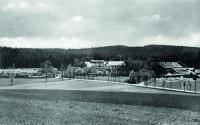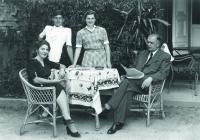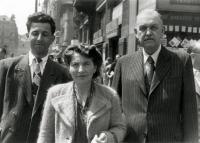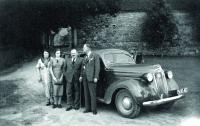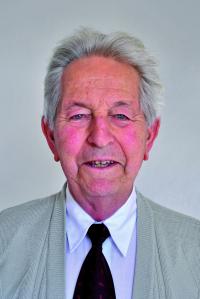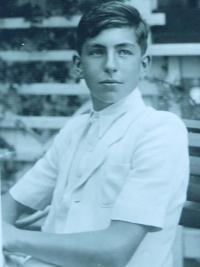Help others and don’t wait for someone to come say thanks
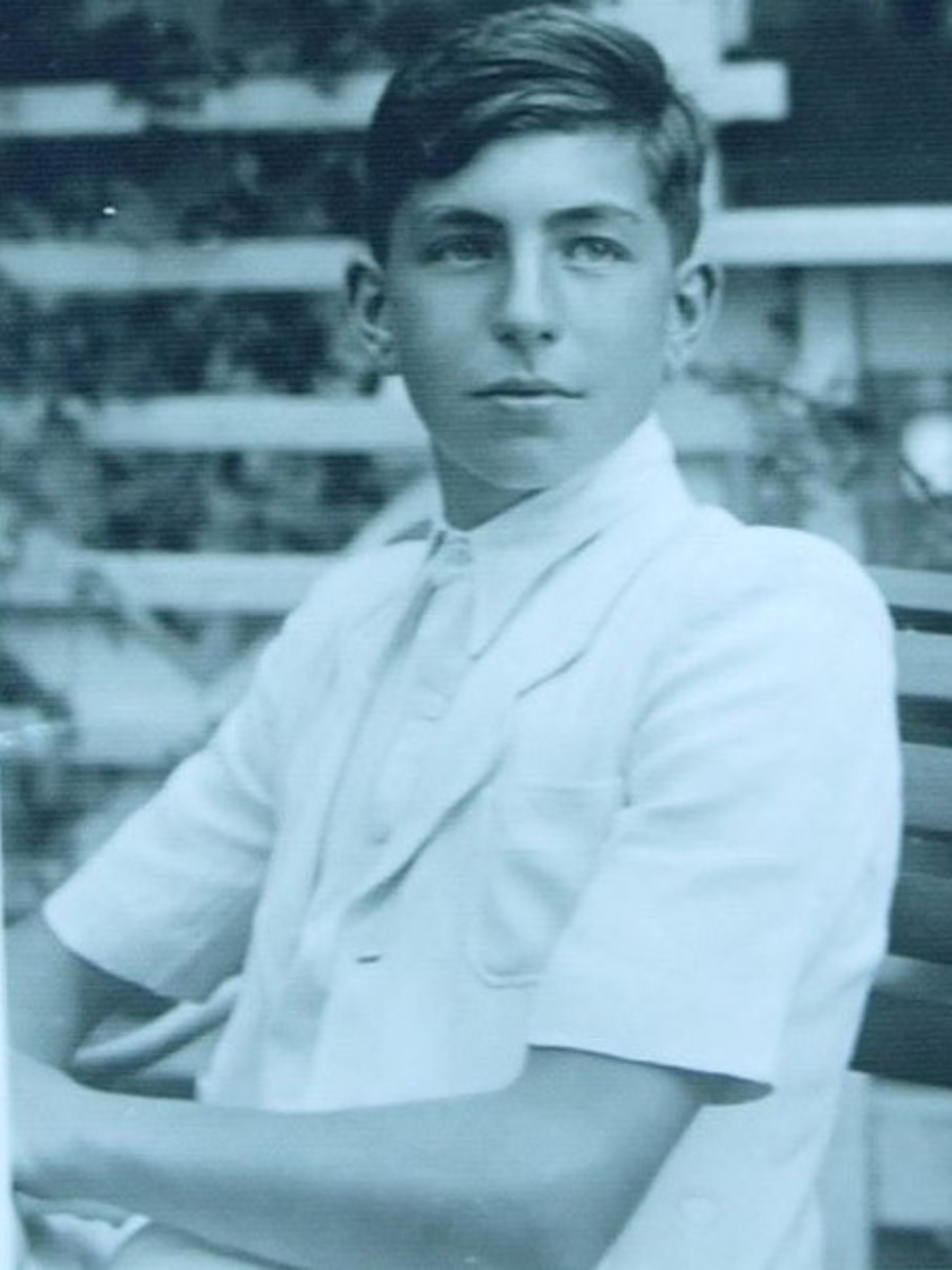
Download image
Antonín Kopp was born on 17 June 1932 in the Janštýn Glassworks. His parents owned the Janštýn Glassworks, which had been bought by the family in 1849 and where three generations of Kopps had produced glass. On 1 January 1946 by Decree No. 340 of the Ministry of Industry, the glassworks was nationalised, and after 1950 the witness’s family was evicted and further persecuted by the Communist regime. The witness attended the first two years of primary school in Horní Dubenky, the rest of lower primary in Brno, the first year of upper primary (“town school”) in Prague-Kobylisy. He graduated from grammar school in Prague-Žižkov and then from the Faculty of Mechanical Engineering at the University of Mechanical and Electrical Engineering in Pilsen. He concluded his university studies in 1956 as a specialist for heat and air technology at the Czech Technical University in Prague. From 1956 to 1990 he was employed as a draftsman at Stavoprojekt in České Budějovice. In the 1960s and 70s he was systematically interrogated by State Security agents and pushed to collaborate, which he always refused to do. In the years 1991-1992 he was appointed chief of the Regional Department of the Ministry of the Environment in České Budějovice. In summer 1992 he went into retirement but continued to work in Austria and served as an interpreter for the Czech-Austrian and Czech-German Boundary Waters Commission. He now assists his son at his publishing house, Kopp, which released the 2017 book Skláři Koppové a sklárna Janštýn (The Kopp Glassmakers and the Janštýn Glassworks), which the witness wrote. He attends the University of the Third Age organised by the South Bohemian University in České Budějovice and studies the history of glassmaking in the Novohradsko region.
